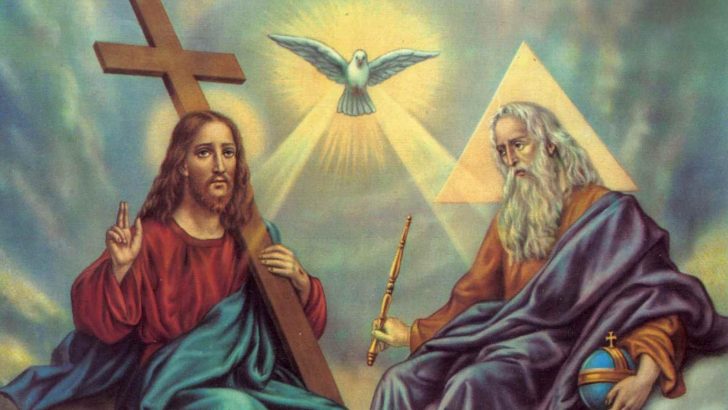Questions of Faith
There’s a common belief today among sceptics of Catholicism, and Christianity in general, that Jesus was just another pagan god, and so no different from the pagan deities that were believed in before him.
This has become a popular internet conspiracy, and even some, though not many, scholars have endorsed this theory. Movies like Zeitgeist have tried to bolster this claim by comparing the Jesus story to the lives of other gods like Horus or Osiris.
The argument goes that these other deities, like Jesus, were also born of a virgin, performed miracles, referred to themselves as the Son of God, were persecuted, died, and rose from the dead.
Given the glaring similarities between these ancient stories and Christianity, it seems like the claim that Jesus is just another pagan god is a no-brainer. However, when these similarities are probed into more deeply, it soon becomes apparent that the alleged parallels are contrived, forced, or plain false.
Analogy
For example, the life of the god Osiris is most commonly cited as reflecting the story of Jesus, but in Egyptian mythology, Osiris never really rose from the dead but reigned as king in the underworld.
To compare the two is a strained analogy, and clutching at straws at best. Likewise, the deity Horus didn’t rise three days after being buried and was never referred to as the Messiah, the anointed one or the Son of God, as is often claimed. These are just a few of the many forced comparisons made between Jesus and the countless other believed deities that preceded him.
Indeed, the well-known scholar and agnostic Bart D. Ehrman argues in his book Did Jesus Exist that attempts to draw parallels between these ancient myths is amateurish and outlandish, stressing that the Jesus described in the Gospels is based on an historical man called Jesus who people came to believe was the Son of God.
Arguments which identify him as a pagan rehash aren’t convincing, Ehrman argues, because early Christians were influenced by Jewish ideas rather than Greek or Roman ones.
Most scholars today are convinced that understanding the Gospels requires placing Jesus in the Jewish milieu of his day, an environment where there was no trace of cults committed to dying-and rising gods. Without this context, the Gospels don’t make much sense.
These are pretty forceful objections to the suggestion that Jesus was just another pagan god, but there are plenty more. Firstly, the hypothesis requires one to believe that Jesus was a made-up figure, or at least had these details attributed to him. However, this undermines the historical reliability of the Gospel accounts, which is a difficult position to stand over given the sheer amount of evidence which suggests that such accounts are true.
Secondly, the notion that Jesus didn’t exist, or had miraculous features attached to him at a later stage doesn’t explain why so many Jewish people decided to convert almost immediately after his death, especially given that they weren’t expecting their Messiah to be crucified. Something real and tangible must have happened.
Like most other conspiracy theories about Jesus, by analysing them more deeply, they very quickly begin to fall apart.


 Colm Fitzpatrick
Colm Fitzpatrick
